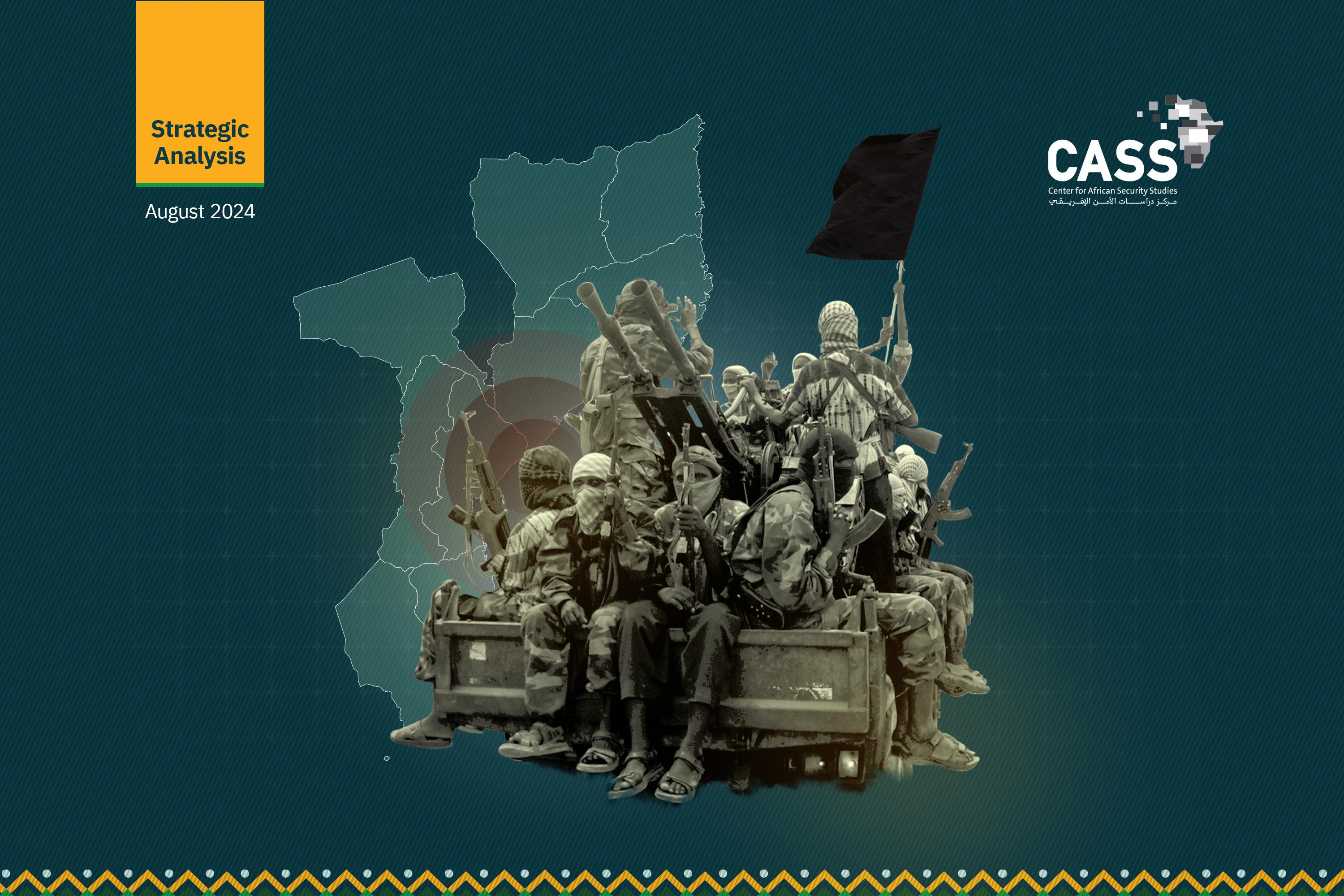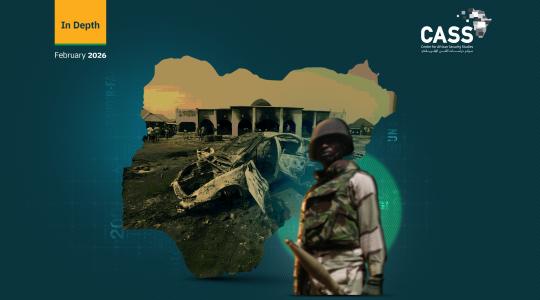In early August, Mozambique launched a new military operation against the Islamic State group in Mozambique’s northeastern province of Cabo Delgado, where the jihadists had turned Macomia district into a jihadist stronghold. The campaign extended through the forests of Catupa and Mucojo, south of the Messalo River, in an effort to push the group back and prevent it from expanding toward other strategic areas in the west of the province.
These operations can be linked to an escalation in IS operations since the beginning of February 2024. The group today poses a growing threat in several areas across the African continent, including marked increases in attacks against civilians in both the Democratic Republic of Congo and Mozambique.
Since May 10, 2024, the group has carried out dozens of attacks in Cabo Delgado, a predominantly Muslim province in northeastern Mozambique, particularly in the mainly Christian districts of Macomia and Chiure.
These attacks are notable because they often take place at dawn, involving dozens of armed militants who attack from multiple directions, setting fire to schools, homes, and churches. The attacks often target nearby military patrols, and displaced residents flee into the unknown.
This tactic highlights a significant shift in the group’s strategies, moving from quick raids to more complex, well-organized, multi-faceted operations.
Establishing IS Rule on the Coast
Data seen by the African Security Studies Center on IS attacks in Mozambique indicate a significant shift during June and July compared to the group’s overall operations throughout 2023. While last year its attacks were mainly improvised and opportunistic, in recent months, they have evolved into more complex assaults and expanded recruitment efforts.
The data also confirms that IS operations doubled in the first seven months of 2024, with a 300% increase compared to the same period in 2023. Despite expanding its activities into the Chiure area, it has increased the frequency and complexity of its attacks in areas of the same province such as Macomia, Quissanga, and Palma.
This reflects deeper developments in its military tactics and strategies for expansion, marking the beginning of an effort to establish a unified regional presence along the Indian Ocean coast. Thus, the group is now making efforts to transition from maintaining scattered cells to a more organized approach aimed at holding, controlling and establishing its rule over these territories.
This chimes with the group’s increased non-military activities in Cabo Delgado. These include intensified proselytizing campaigns targeting Christians in the region with the goal of converting them to Islam, as well as the organization of religious competitions for Muslims, who it explicitly invites to join the group as soldiers in the “shadow of the caliphate”, with attractive financial incentives. In parallel, it has also imposed certain behaviors in villages under the group’s control, such as banning “non-Islamic” hairstyles, destroying liquor stores and prohibiting alcohol sales, banning tight or torn pants, and encouraging people to attend mosques and close shops at prayer times.
Why the Change in Strategy?
This shift is closely linked to the termination of the Southern African Development Community or (SADC)’s military mission in Mozambique, known as SAMIM, which was active from July 2021 to July 2024. SAMIM consisted of 1,900 personnel from eight East African countries, including Uganda and Rwanda, who provided extensive intelligence, tactical, and material support to Mozambican forces. Some 1,500 of soldiers had been stationed at a base near Macomia; however, their withdrawal created a significant security vacuum, which the IS exploited to escalate its own activities in the region.
For example, the attack on Macomia in mid-May 2024 involved about 250 fighters under the command of Ali Alida, one of the group’s key military chiefs in Mozambique. Alida also led a major attack on the city of Quisanga in March 2024, spearheaded attacks in most areas of Chiure in May and June, and continued to confront and counter the joint forces of the Mozambican army and Rwandan and Ugandan troops in early August in the Macomia and Mocimboa da Praia regions. This comes as African forces are unable to operate in Mozambique as their mandate is ending; continuing would necessitate a new resolution from the AU.
The strategic implications of this expansion are likely to be significant. Rather than being merely a tactical show of force, it has involved the coordination of dozens of complex attacks aimed at almost completely undermining the capabilities of local security forces and the Mozambican army in Cabo Delgado.
Furthermore, the regional repercussions of IS re-emerging in Mozambique will be profound for East Africa, especially since Cabo Delgado hosts some of East Africa’s most important liquefied natural gas (LNG) projects. The increased presence of ISIS in this region directly threatens these highly significant economic assets. Additionally, over 100,000 people have been displaced deeper into Mozambique, exacerbating a humanitarian crisis that is likely to intensify further in the coming months.
Given the historical ties between IS in Mozambique and local jihadist networks in Tanzania, Kenya, South Africa, and the Democratic Republic of Congo, the group is expected to bolster its regional cooperation further, spreading its influence deeper into neighboring countries and reaching into Central Africa, the Sahel, and the broader Sub-Saharan region.




